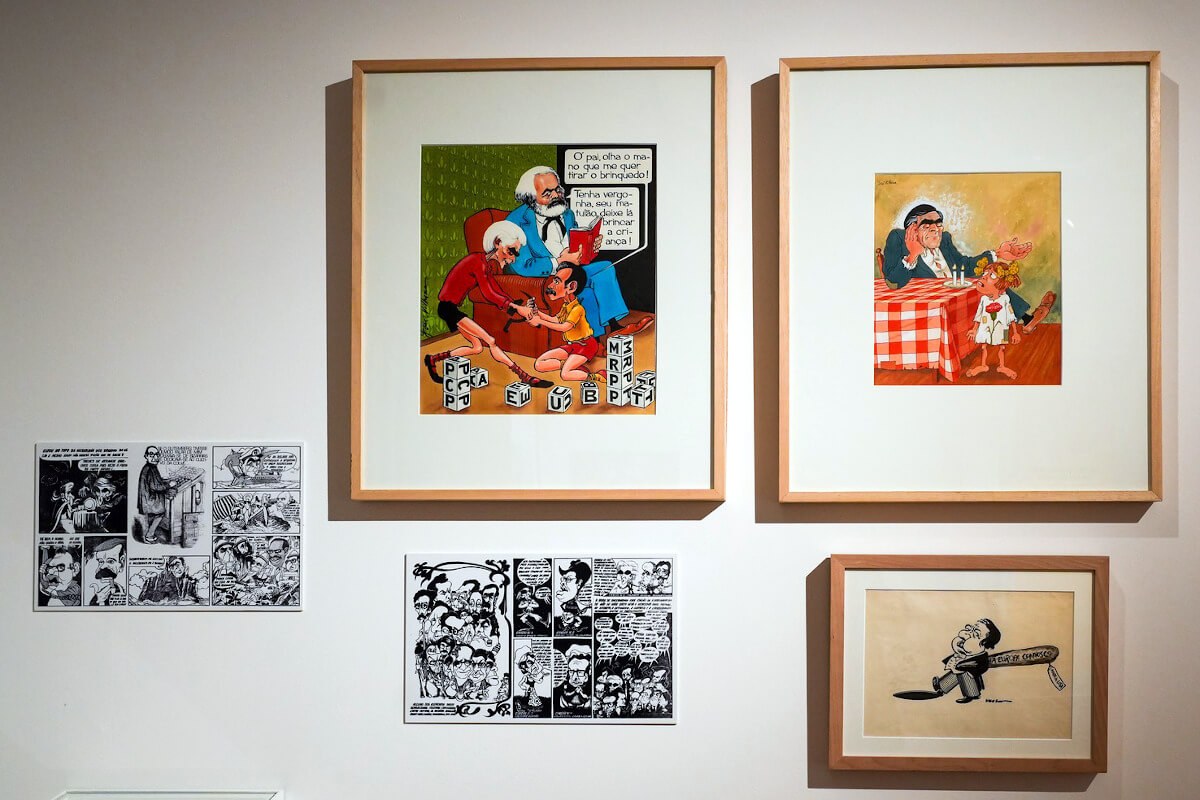Paulo Jorge Fernandes takes the Revolution to the Bordalo Pinheiro Museum
Dec 20, 2024 | News
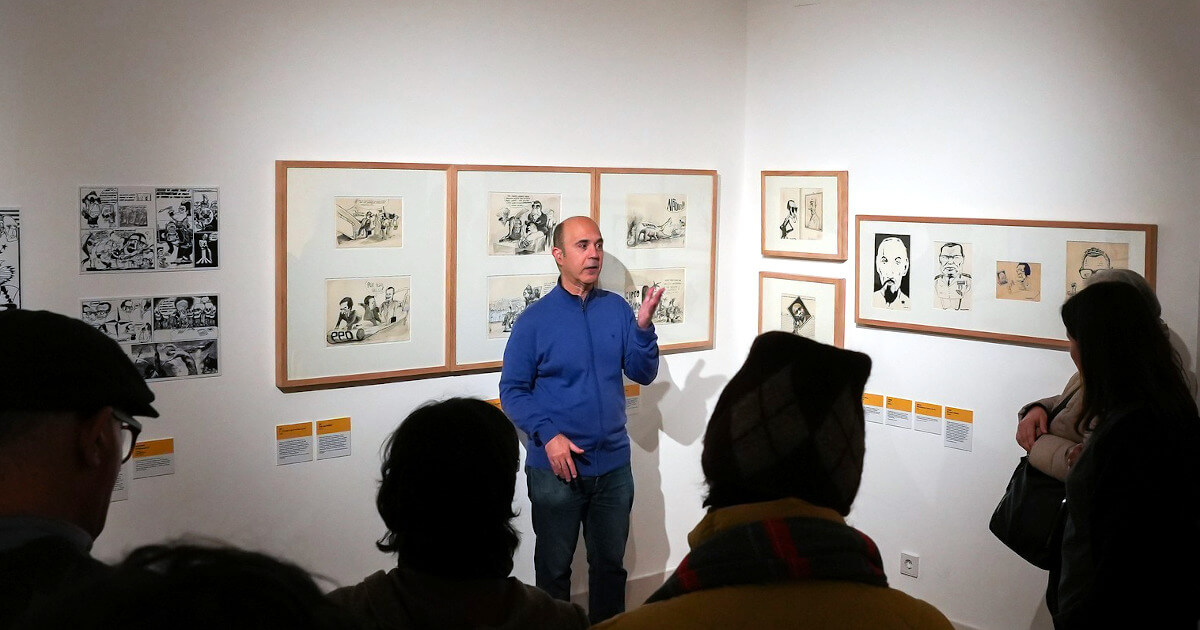
The exhibition O humor unido jamais será vencido: os cartoons da Revolução (1974 – 1976) [Humour united will never be defeated: the cartoons of the Revolution (1974 – 1976)], curated by historian Paulo Jorge Fernandes, opened on 17 December at the Bordalo Pinheiro Museum.
As part of the commemorations of the 50th anniversary of 25 April 1974, and using mainly cartoons published in the press at the time, the exhibition ‘seeks to take a good-natured look at a turbulent period in Portugal’s history by showing selected cartoons from the vast graphic work of artists who took advantage of the end of censorship to show other angles of observation, both critical and amusing, on the events to which they were privileged witnesses’.
With works by authors such as António, Cid, João Abel Manta, José Vilhena, Sam, and Vasco, the exhibition includes around 130 cartoons and drawings and is organised into three sections: ‘The protagonists of the Revolution’, ‘East wind vs. west wind’ and ‘Propaganda and ideology’. It can be visited until 9 March 2025.
Photos: © EGEAC — Lisboa Cultura
Other news
-
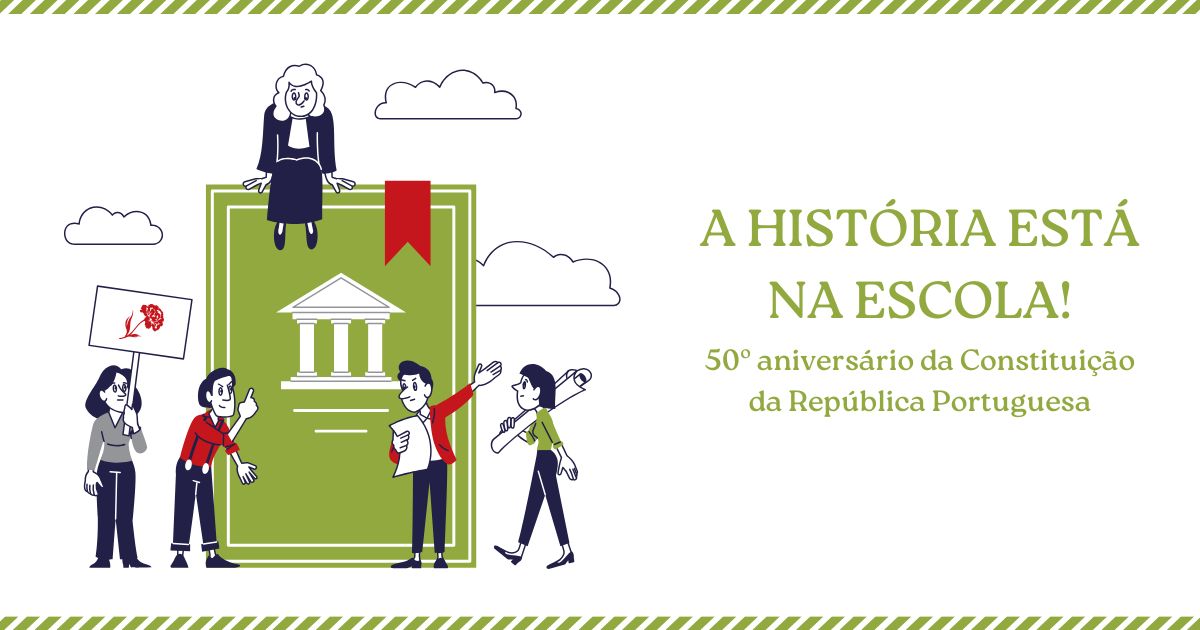 Programme aims to familiarise students with historical research and its tools
Programme aims to familiarise students with historical research and its tools -
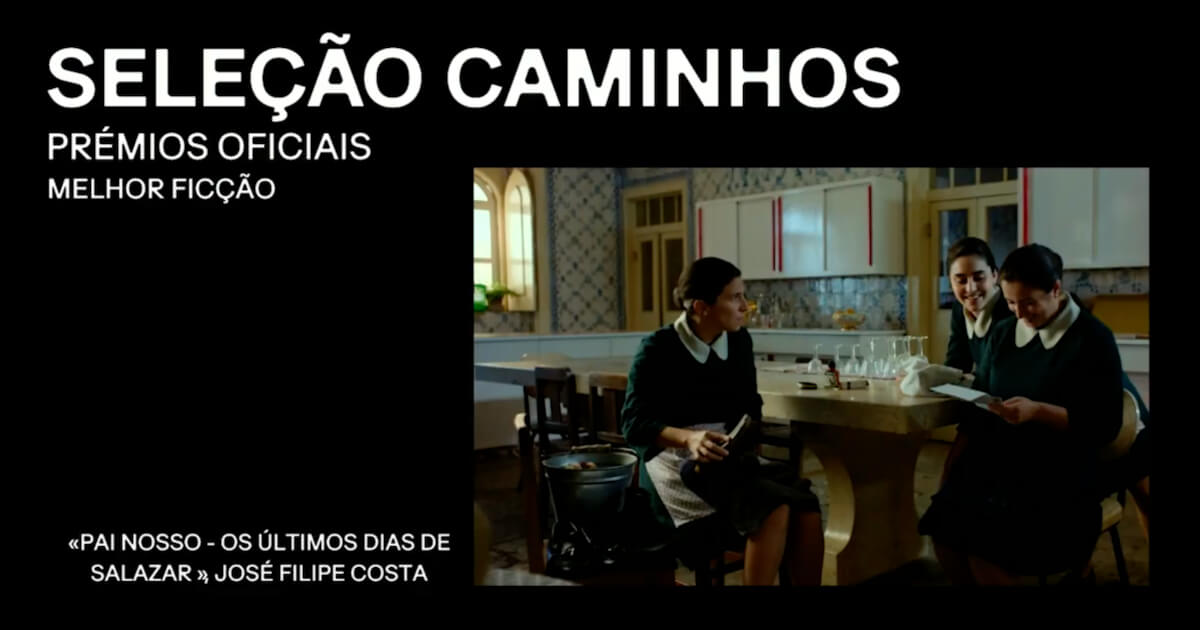 received three awards at the Caminhos do Cinema Português festival
received three awards at the Caminhos do Cinema Português festival -
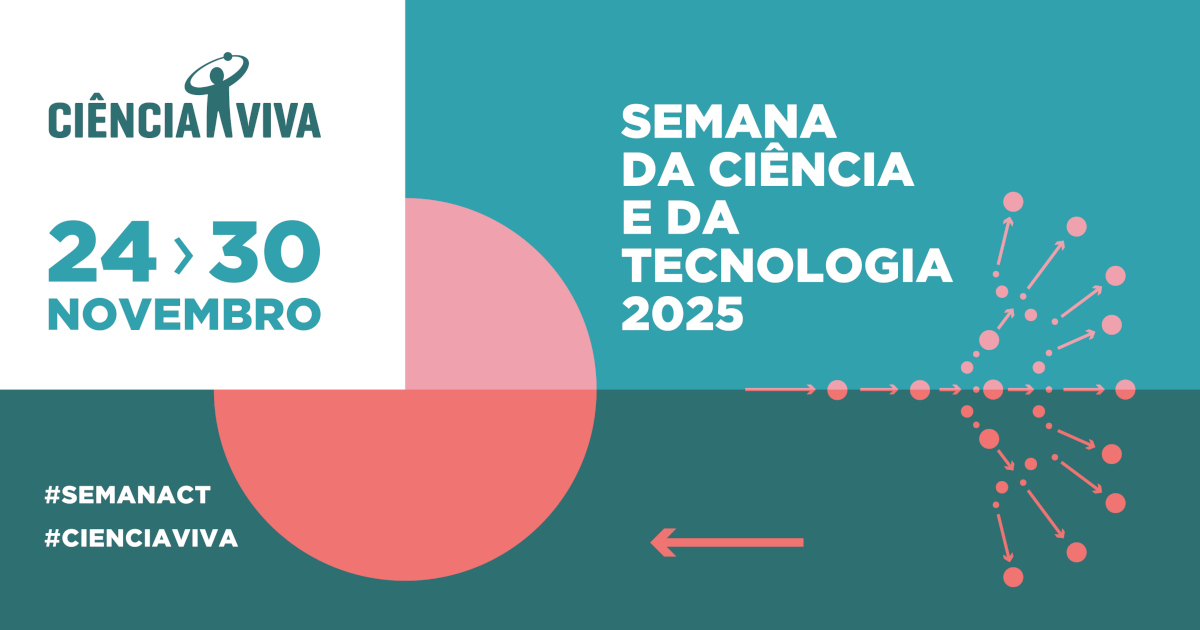 The two activities hosted by the IHC will take place on 25 November
The two activities hosted by the IHC will take place on 25 November
Search
Opportunities
PhD Studentship — STEXEU
Deadline: 28 November 2025
News
History is at School! — New educational programme from the IHC
Dec 2, 2025
Programme aims to familiarise students with historical research and its tools
‘Our Father – The Last Days of a Dictator’ wins three awards
Nov 27, 2025
received three awards at the Caminhos do Cinema Português festival
IHC at Science and Technology Week 2025
Nov 19, 2025
The two activities hosted by the IHC will take place on 25 November


